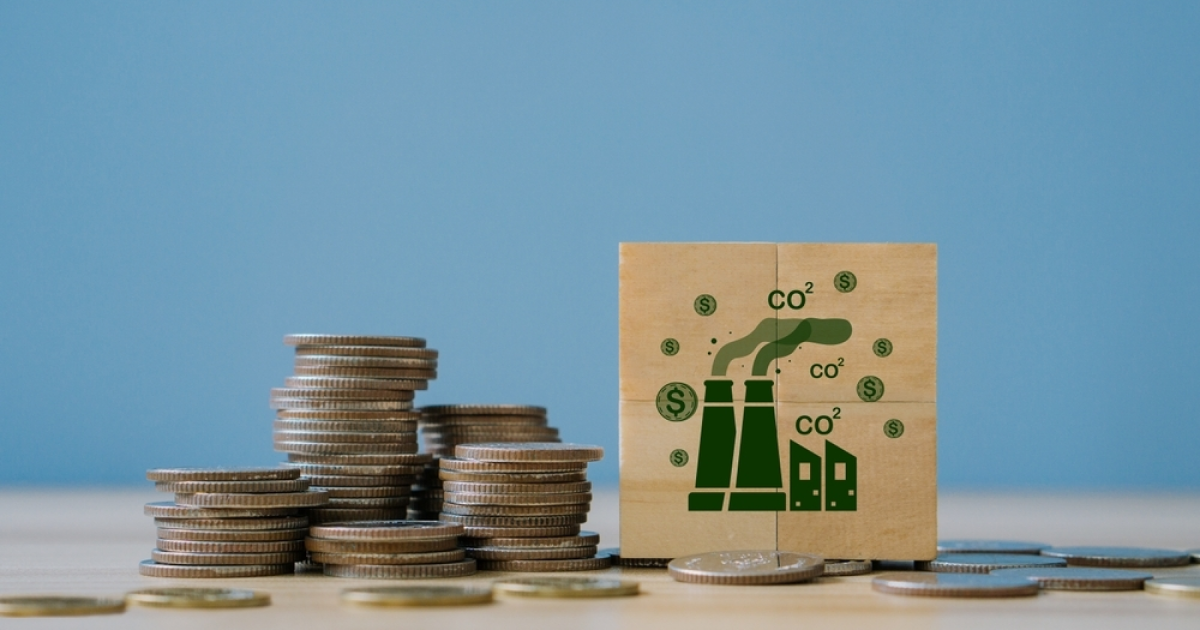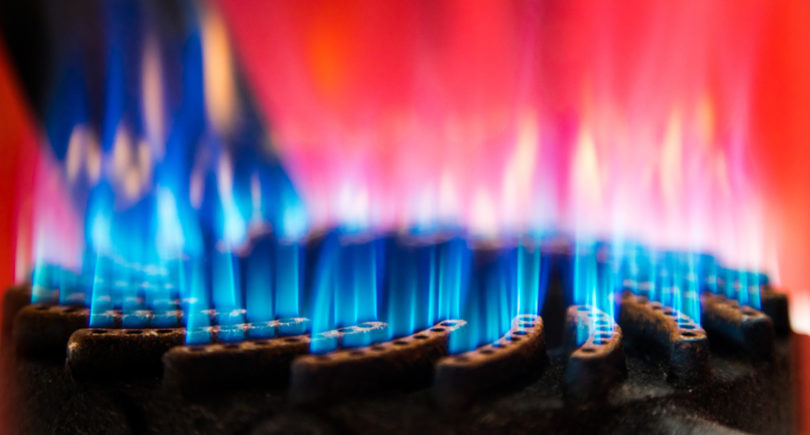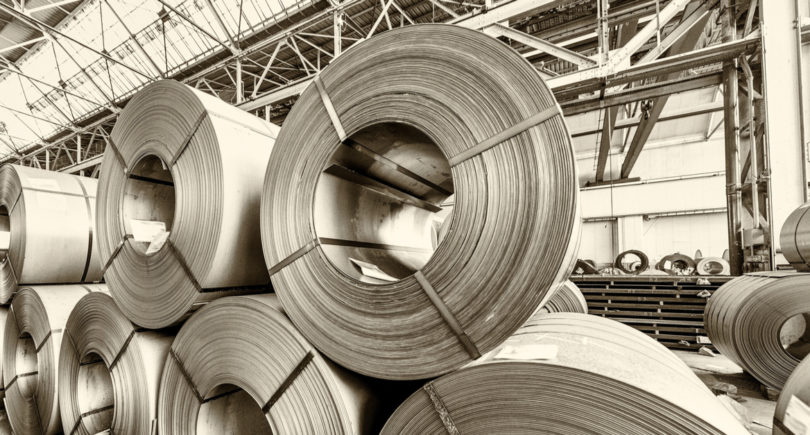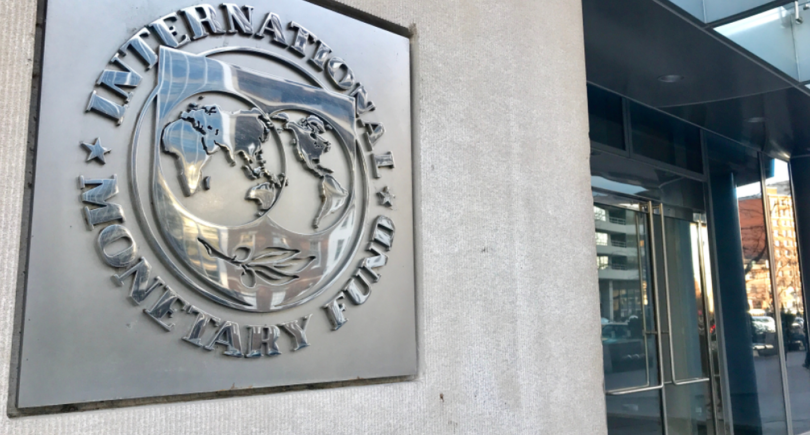
News Global Market Carbon prices 716 17 March 2025
The January price increase turned out to be short-lived due to the low utilization of steelmaking and rolling capacities
European CO2 emission permits in the first half of March stabilized at €71/t, according to the EU Emissions Trading System on 14 March. As of 28 February, the quotes were at €71.18/t. In the first half of March, the local minimum was recorded on 6 March at €66.87/t. Thus, the cost of greenhouse emissions in the EU returned to the level at the beginning of the year.

British CO2 emission permits in the first ten days of March fell in price from £42.87/t to £39.3/t. After the rise in price at the end of January – the first half of February, the quotes again switched to negative dynamics.
The rise in greenhouse gas quota costs has come up against weak demand from industry. In particular, European steel production in January fell by 3.2% year-on-year to 10.3 million tonnes, according to World Steel Dynamics.
A fire in the rolling mill of the German Salzgitter steel plant and the shutdown of blast furnaces at ArcelorMittal steel plants in France for repairs also had an impact on production volumes. According to WSD, the capacity utilization for flat rolled products was 60% in January.
Following the revision of the terms of the import quotas for steel products, the utilization of rolling mills in the EU in the second quarter will increase to 74-75%, according to WSD forecasts. This will increase the volume of pig iron and steel smelting, supporting the growth of greenhouse gas quota prices.
As reported, the price of carbon quotas in the EU may rise to €111.14/t by 2027. Analysts believe this will be due to a reduction in supply due to political events.




